Research says “68% of the world’s population is expected to be living in cities by 2050.”
We have all come across the terminology of “smart city”. However, if we take a pause and try to define the term smart city, most likely we will come up with a long list of aspirations that help in improving ease of liveability and the quality of our lives. The hope to land your dream job in your dream city. The wish to walk to work or take an easy, affordable bus ride to office. The promise of the best standards of education and healthcare for your family. The assurance of a safe and secure city you call home. In essence, a smart city is nothing but the microcosm of the realized ambitions of its dwellers.

Role of data in building cities of tomorrow
The massive extent of urbanization implies that Governments needs to plan proactively to meet the future demand. With an explosion in the adoption of ICT infrastructure to make cities smarter, governments will have to plan the collection, management, application and analysis of data to make smarter decisions for the cities of tomorrow. Big data has the power to unlock improvement in all areas including public health, transport, security, waste management, disaster planning, smart governance etc.
- Public Health: From predicting the drug requirements to planning for its procurement, from identifying sensitive areas for spread of diseases and planning for the infrastructure readiness to smarter medical record keeping for quick access, appropriate usage of data will certainly benefit the overall patient care.
- Transportation: Close monitoring of data helps to identify high congestion areas and notify commuters to opt for a different route. Platforms and apps are built to help prior booking of parking slot or notify closest parking lot.
- Security: Big data could helps in comprehensive sociopolitical study of crime in certain areas and assist towards implementation of preventive model to predict future patterns of crime.
- Smart Governance: Increase in establishing direct channel of communications will bring in transparency in the Government service delivery process and faster redressal of grievances.
- Waste Management: Data collected can be used to identify fill patterns which in turn will help to optimize the waste collection routes and schedules to reduce operational costs.
Recognizing the importance of data, India’s Smart Cities Mission (SCM) has also shifted gears. With the intent to focus on different aspects of urban development, policies & structures on the collection and analysis of city-level data have been laid out. Each city will have a CDO (Chief Data Officer) and Data Cell as part of the Data Maturity Assessment Framework which will primarily work towards understanding data and patterns at city level. This is a promising start. All this & more put together shall ensure that the true strength of big data can be leveraged in helping cities improve mobility, infrastructure and resource management in a cost-effective manner.
Making Cities Pandemic Ready
CSM has partnered with multiple state governments to capture & analyse data points enabling governments to effectively plan & respond to the CoVID-19 pandemic. This includes estimating migration & its impact on disease spread, predicting the resource deployment for law enforcement & medical officials in a particular cluster or containment area, identifying violations of social distancing or quarantine norms, and contact tracing super spreaders. Aggregation & analysis of data sourced from various departments (such as Health, Labour, Urban Development & Transport) in a single integrated command & control centre has made it possible for city administrations to take informed decisions swiftly.









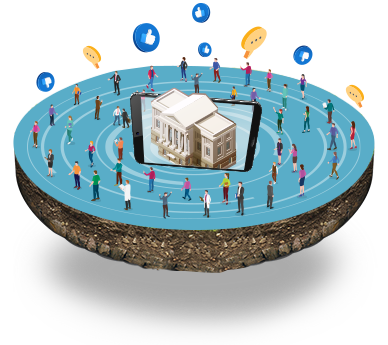





















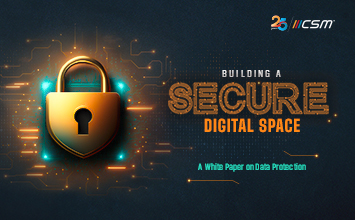
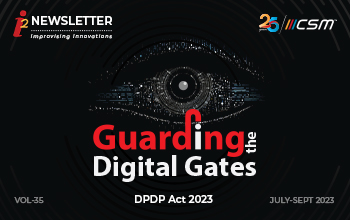
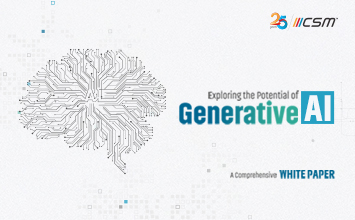
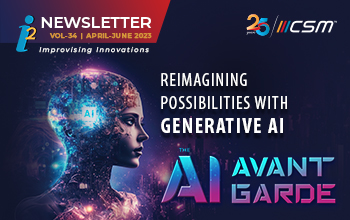









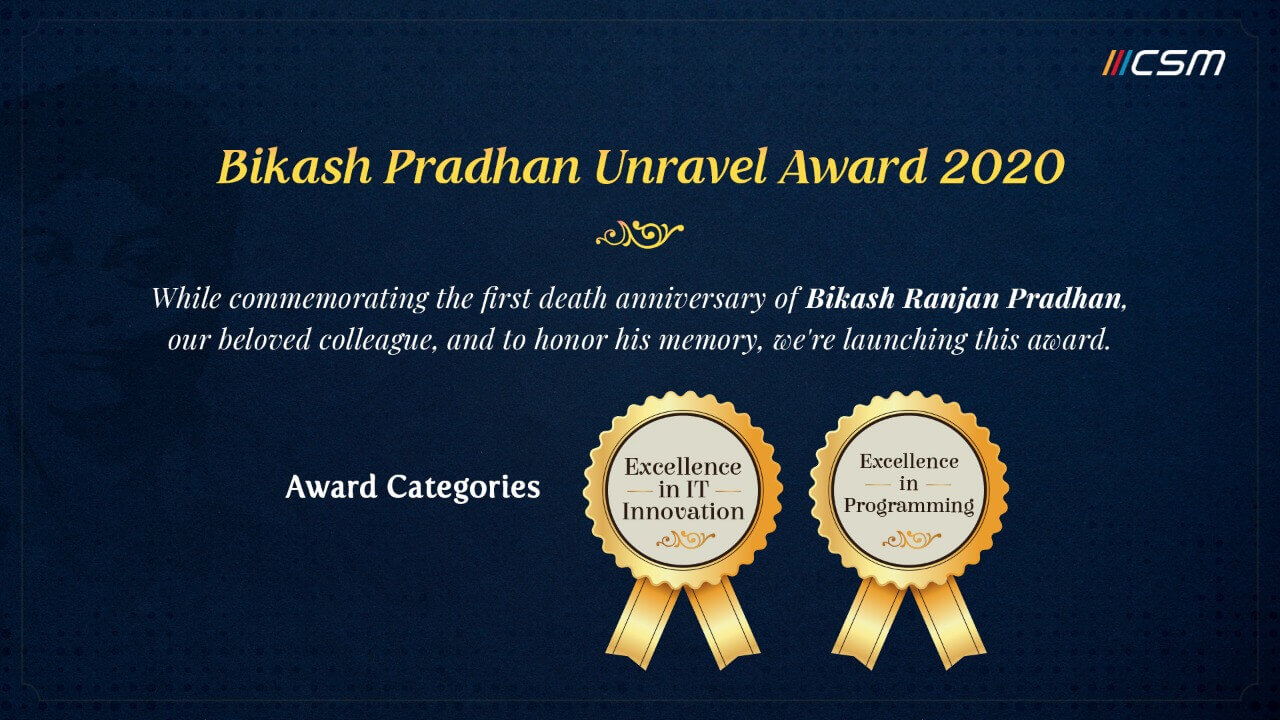










We will verify and publish your comment soon.